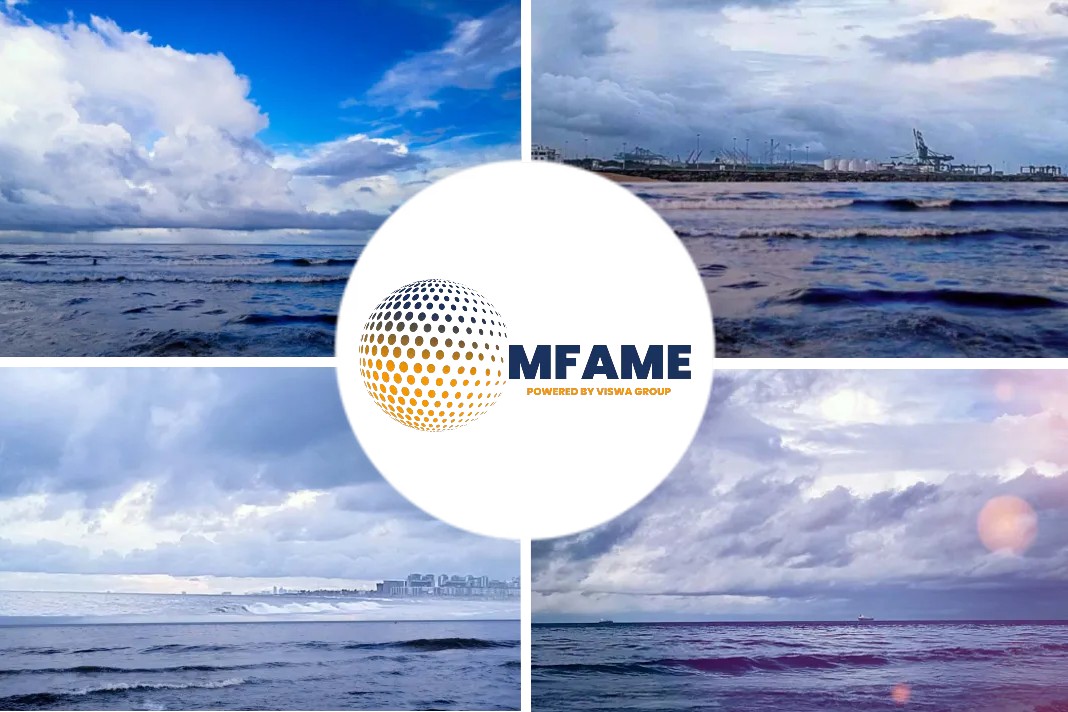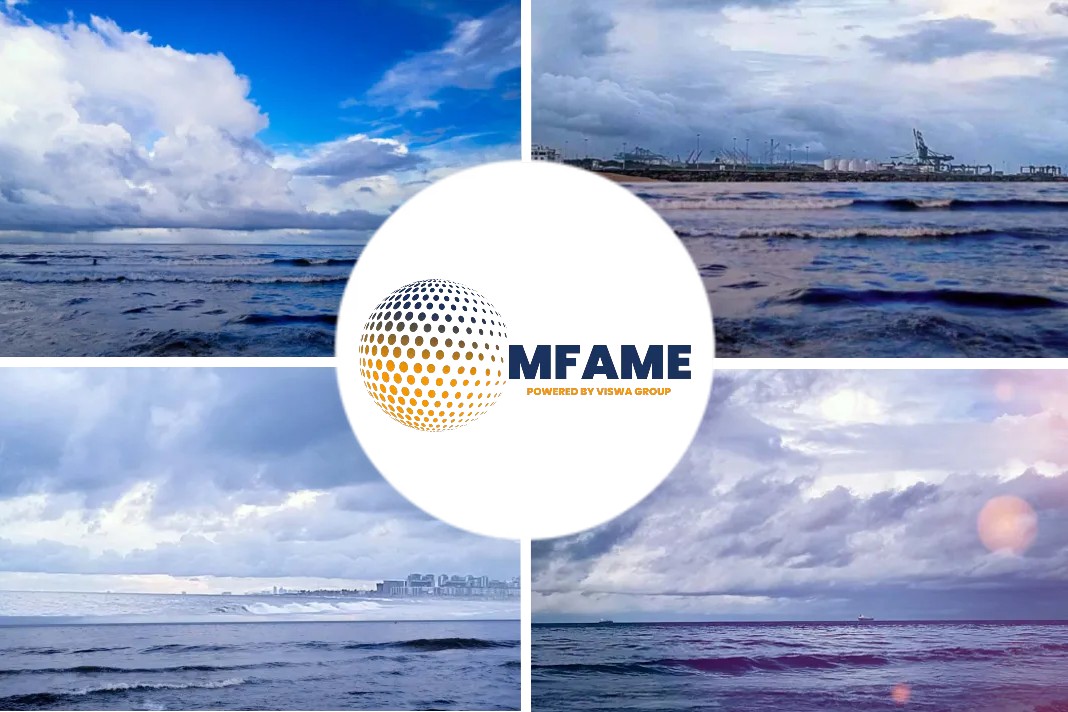- Close to 470 large tankers, bulkers, cargo and passenger ships were scrapped in primitive, substandard conditions on beaches in Bangladesh, India and Pakistan in 2019.
- The Shipbreaking Platform logged accidents that killed 24 workers on the beach at Chattogram, Bangladesh, making 2019 ‘the worst year for Bangladeshi yards.
- Ship owners of the United Arab Emirates were responsible for the highest number of ships sold to breaking yards in south Asia in 2019.
- Costamare, CMA CGM, Diamond Offshore, ENSCO, MOL, MSC, NYK Line, Tidewater and Vale are some of the other ocean dumpers.
- Most of the yards have upgraded their beaching facilities to comply with the requirements set by the International Maritime Organisation’s Hong Kong Convention.
UAE, and US shippers are the ‘worst dumpers’ of ships in Bangladesh, reports Martijn Reintjes for Recycling International.
According to new data released by the NGO Shipbreaking Platform, 674 ocean-going commercial ships and offshore units were sold to the scrap yards in 2019.
Of these vessels, 469 large tankers, bulkers, floating platforms, cargo- and passenger ships were broken down in primitive, substandard conditions on three beaches in Bangladesh, India and Pakistan, amounting to near 90% of the gross tonnage dismantled globally.
Ingvild Jenssen, Founder and Director of the NGO Shipbreaking Platform said, “There is a wide-spread knowledge of the irreparable damage caused by dirty and dangerous practices on tidal mudflats, yet profit is the only decisive factor for most ship owners when selling their vessels for breaking.”
Worst year for Bangladesh
The platform has recorded 24 workers’ deaths in accidents on the beach of Chattogram, making 2019 “the worst year for Bangladeshi yards in terms of fatalities since 2010.”
At least 34 other workers were severely injured.
A total of 469 large tankers, bulkers, floating platforms, cargo and passenger ships were broken down in primitive, substandard conditions in Bangladesh, India and Pakistan, making nearly 90% of gross tonnage dismantled globally.
Worst dumpers in the last year
United Arab Emirates, Greece and then the US top the list of three worst country dumpers in 2019.
UAE owners were responsible for the highest absolute number of ships sold to South Asian shipbreaking yards in 2019: 45 ships in total. Greek owners closely followed with 40 beached vessels and the US with 29.
“American offshore giants Diamond Offshore, Rowan Companies, Tidewater and Transocean are amongst the biggest global dumpers exploiting the environments and impoverished work force of South Asia,” said Jim Puckett, Director of the US based Basel Action Network (BAN) a member organization of the NGO Platform.
He added, “These owners use foreign flags to hide their dirty work, but our research clearly lays the blame on these US companies, who act in violation of international law and norms.”
Other well-known shipping companies that in 2019 dumped their toxic ships on South Asian beaches include: Costamare, CMA CGM, Diamond Offshore, ENSCO, MOL, MSC, NYK Line, Tidewater and Vale.
Maersk breaches environmental laws?
Danish container shipping giant Maersk scrapped four vessels on the Indian beaches last year.
The company did not hesitate to leave the Danish shipping registry in order to circumvent the new EU laws requiring the use of EU-approved recycling facilities, and at least two of the ships even left EU waters in breach of an international and European ban on the export of hazardous waste to developing countries.
In November, Bangladesh Courts condemned the illegal breaking of Maersk’s FPSO North Sea Producer which had been sold to cash buyer GMS and fraudulently exported from the UK in 2016. Criminal investigations are underway in the UK.
Evergreen under radar
The ‘worst corporate dumper’ prize goes to the Taiwanese container shipping line Evergreen. In the last years, the company has been under the spotlight for its damaging shipbreaking practices.
In January 2018, the Norwegian Central Bank announced its decision to divest from Evergreen due to the ship owner’s repeated sale of vessels for dirty and dangerous breaking on the beach of Chattogram.
Since then, the company has clearly not changed its policy. Eleven of Evergreen’s vessels ended up in South Asia in 2019.
On 23 July, cutter man Shahidul lost his life while working at Kabir Steel’s Khawja shipbreaking yard in Bangladesh. Shahidul was dismantling Evergreen’s EVER UNION when he fell from a great height. He died on the spot.
Dry bulk shipping company Berge Bulk is runner-up for worst corporate practice.
Four ships owned by the Bermuda-based ship owner ended up in Bangladesh for dirty and dangerous breaking.
Beaching facilities upgraded
In India, many yards now boast having upgraded their beaching facilities to comply with the requirements set by the International Maritime Organisation’s Hong Kong Convention.
Recent inspection visits by the European Commission in Alang and media reports, however, flagged
- serious concerns related to pollution of the intertidal area;
- absence of medical facilities;
- breaches of labour rights and lack of capacity to safely manage a number of hazardous waste streams, including mercury and radioactive contaminated materials that are typically found on offshore oil & gas units.
No facility located in South Asia meets the safety and environmental requirements for EU approval.
Cash buyers working on last voyages
All ships sold to Chattogram, Bangladesh; Alang, India; and Gadani, Pakistan pass via the hands of scrap-brokers, better known as cash buyers. Cash buyers typically re-name, re-register and re-flag the vessels on their last voyage.
Black-listed flags, such as Palau, Comoros and St Kitts & Nevis, were particularly popular in 2019: almost half of the ships sold to South Asia changed flag to one of these registries just weeks before hitting the beach.
The world’s largest and most notorious cash buyer is GMS which was founded in Cumberland, Maryland.
Did you subscribe to our daily newsletter?
It’s Free! Click here to Subscribe!
Source: Recycling International


















